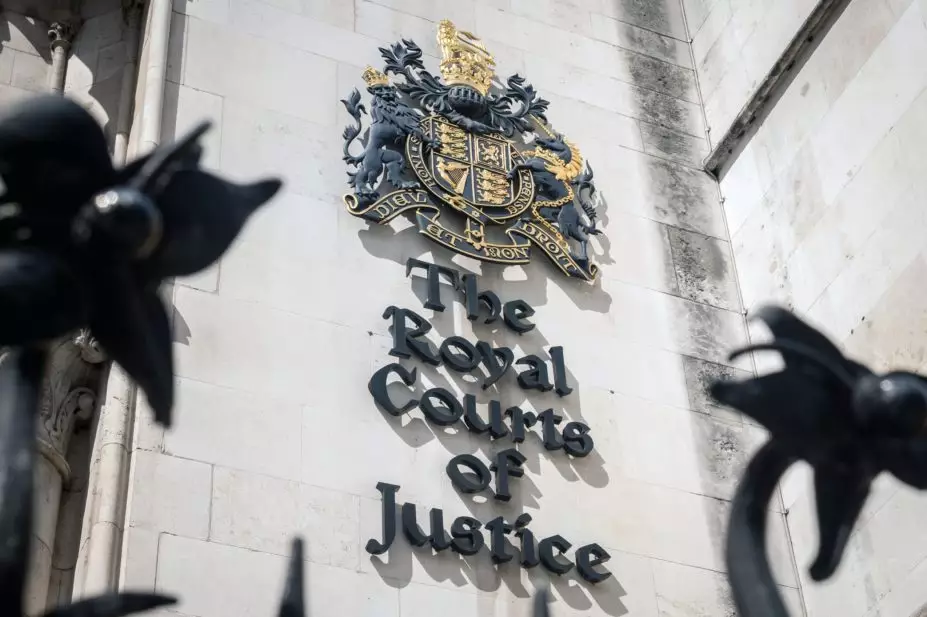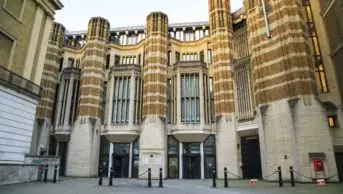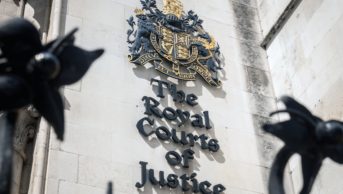
Shutterstock.com
The National Pharmacy Association (NPA), a trade association representing independent pharmacy owners, has added its weight to the legal attack on government plans to slash £320m off the community pharmacy budget.
David Lock QC, the NPA’s barrister, argued in the High Court on 23 March 2017 that people with disabilities and ethnic minorities living in deprived areas will be hardest hit by the cuts.
Lock told the High Court it was simply “irrational” for health secretary Jeremy Hunt to approve the cuts while at the same time contending that it was impossible to predict the number of pharmacy closures.
He also claimed that Hunt took inadequate account of the impact on older people or those with disabilities as well as minority ethnic groups that have “protected characteristics” under the 2010 Equality Act.
Lock argued that Department of Health (DH) officials had “given commitments” to the Treasury about reductions in NHS funding and that tied Hunt’s hands, giving him “limited scope” to reach a balanced decision.
“These errors of law infect a decision which, as [Jeremy Hunt] has acknowledged, has the potential to result in the closure of as many as 3,000 pharmacies, approximately a quarter of the community pharmacy sector,” Lock argued.
“On any analysis, this is a profound impact. It is magnified by the fact… that the majority of pharmacies affected would be small, independent, businesses.”
Lock acknowledged that Hunt had to adopt budget priorities and that there was “nothing inevitably unlawful” about cutting community pharmacy funding. But such a decision could only be made if he had a proper understanding of the likely consequences.
Lock said it was “the essence” of the NPA’s case that health ministers were informed by officials “that these cuts could be made without adverse impacts on NHS patients when that was patently not the case”.
“They were given assurances not backed by proper assessments and thus took decisions based on those unjustified assurances,” he added.
“Ministers then failed in the duty to be clear about the effect of their decisions. The consequence was that the decisions were taken on an improper basis.”
Attacking the lack of transparency in the decision-making process, Lock said the DH had given a “best estimate” in June 2016 that 1,177 community pharmacies would close as a result of the cuts.
Lock said “health inequality” — the marked difference between life expectancies and general health between affluent and deprived areas — was well documented.
Deprived neighbourhoods tend to have fewer GP surgeries and the reason why they attracted “clusters” of pharmacies was because of the greater demand for their services, he added.
But there had been an “absence of acknowledgment” by the DH that those areas in greatest need would suffer most because of the cuts.
The changes to community pharmacy funding were announced by the government in October 2016. They are being challenged by both the NPA and Pharmaceutical Services Negotiating Committee, which represents community pharmacy contractors in England.
Jeremy Hunt, however, insists that his decision was lawful and is urging Mr Justice Collins not to intervene.
The hearing is in its third day (23 March 2017) and the judge is expected to reserve his decision until a later date.


